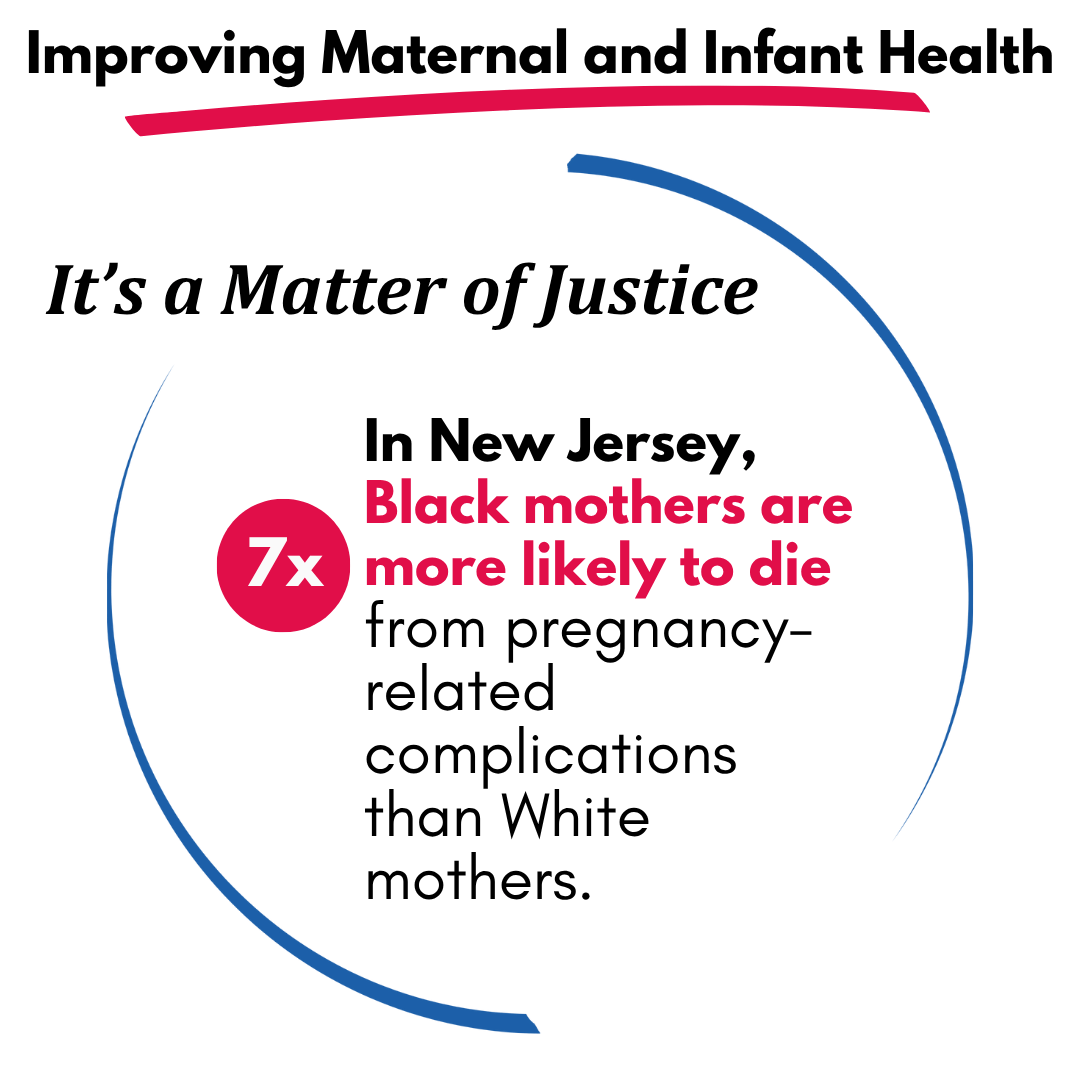Our Schools: Underequipped to Meet the Mental Health Needs of Youth
Not only are there gaps in resources, but access to those essential supports can also be difficult. Nowhere is this challenge stronger than in schools, where kids spend most of their time. While struggling with teacher shortages, the crisis is magnified by the lack of mental health professionals.
New Jersey’s school-based mental health professionals-to-student ratios are all beyond recommended ratios. These high ratios do not take into account that school psychologists and social workers are often overburdened with Child Study Team duties like assessment, evaluation, and IEP case work management, limiting their capacity to provide actual mental health supports to students.

Worse yet, despite recognizing the need for increased access to youth mental health supports, Governor Phil Murphy recently shared that the U.S. Department of Education has canceled nearly $1 billion in nationwide school-based mental health funding. This is likely to widen an already large gap in supports for New Jersey’s nearly 1.4 million students.
Beyond the School Walls: Community Supports
Although there are some accessible resources to assist youth with their mental wellness, many of them are mostly available during emergency situations. But to curb the mental health crises, support services are needed to address issues before a problem becomes an emergency.
Throughout New Jersey, in 15 locations, there are regional hubs focused on supporting mental wellness for youth. New Jersey’s Statewide Student Support Services (NJ4S) is a preventive initiative with three tiers of services. Services in the first tier are available for all students in the state, their parents and school faculty. These include workshops on substance use, conflict resolution and lifestyle changes to improve mental health. The program also offers short-term, youth treatment through their tier 2 and 3 levels, available via referral from schools.
Although NJ4S can be a great resource, supports that emphasize positive youth development are needed to address, early on, the issues causing mental health issues and their effects.
Investing in the Whole Child: Fostering Learning and Mental Wellness
An enhanced whole-child approach in schools is all about tailoring support and interventions to meet the unique needs of every student, which ultimately cultivates learning. This approach is strongly complemented by positive youth development (PYD), an initiative that leverages the strengths of young people and their communities to support their holistic growth across areas like safety, health, and education.
Investing in PYD not only helps cultivate student learning but also plays a crucial role in promoting mental health wellness. Two of the most effective whole-child initiatives are social-emotional character development (SECD) programs and community-based violence intervention and prevention (CBVIP) strategies. These initiatives directly contribute to creating supportive environments where students can thrive both academically and emotionally.
Social-Emotional Character Development – This whole-child approach supports youth mental wellness through creating the conditions for youth to be their authentic selves.
Community-Based Violence Intervention and Prevention – This whole-child initiative addresses the root causes of violence by providing wrap-around supports to at-risk students. Specifically, CBVIP, among other issues, addresses lack of housing, employment, and even access to food, effectively mitigating some of the factors that lead to poor mental health and ultimately catalyze violence. However, funding for this initiative has been cut by $811 million at the federal level leading to a $35 million shortfall here in NJ. With all the work resulting in consistent decreases in gun-violence in 2023 and 2024, its sustainability is now being threatened.
What can you do?
Ask the gubernatorial candidates about their plans for ensuring our youth have mental wellness. Specifically:
- What will you do to ensure NJ’s students have access to more mental health professionals while in school?
- What is your plan to expand and sustain the best practices that promote healthy, holistic youth development in and around schools?


 In order to give all children a strong and equitable start in life, New Jersey must begin with an intentional focus on eliminating racial inequities and disparities in access to essential supports, according to a new report,
In order to give all children a strong and equitable start in life, New Jersey must begin with an intentional focus on eliminating racial inequities and disparities in access to essential supports, according to a new report, 









